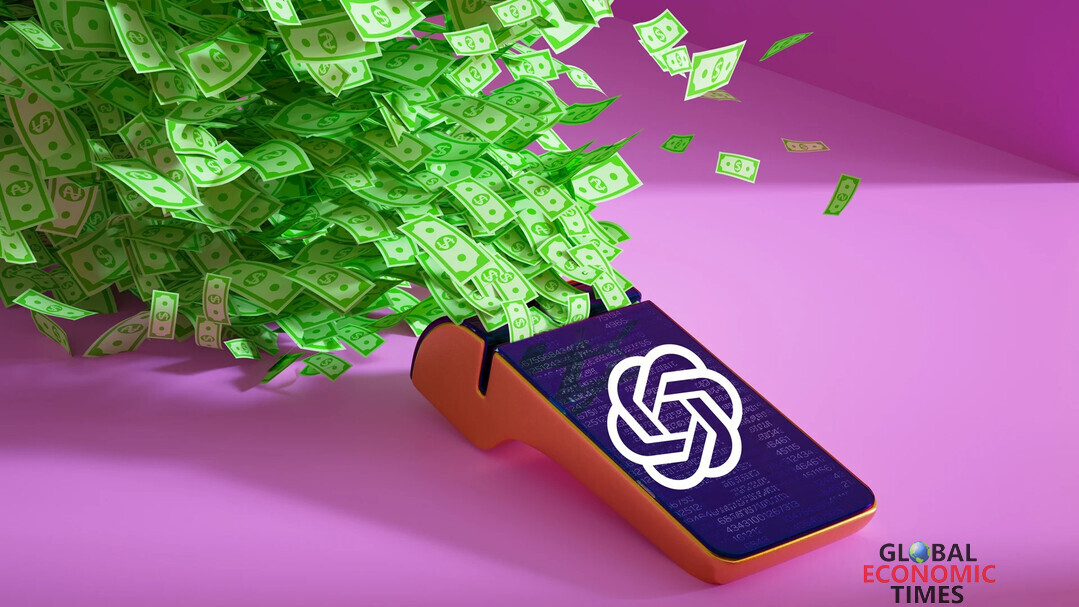
NEW YORK—The soaring valuation of OpenAI, the company behind ChatGPT, to a staggering $500 billion—approximately 700 trillion South Korean Won—has sharply reignited the contentious "AI bubble" debate across Wall Street. As the New York stock indices continue their climb, fueled by the artificial intelligence boom, investors and analysts are increasingly questioning whether the sector’s fervent optimism is outpacing its demonstrable profitability.
The valuation milestone was reached after a recent secondary share sale, which allowed current and former OpenAI employees to sell about $6.6 billion worth of stock to an investor consortium that included Thrive Capital, SoftBank Group, and T. Rowe Price. This figure represents a dramatic increase from its earlier $300 billion valuation secured just months ago through a primary funding round. The sale is a clear indicator of the intense market appetite for AI exposure, with many investors betting that the dominant player in the field could ultimately be valued in the trillions.
Valuation vs. Realized Revenue
Despite the massive capital inflow, critics argue the valuations lack solid financial grounding. According to analysis from the research firm Sevens Report, OpenAI's $500 billion valuation represents a multiple of 25 times its projected 2025 revenue (with analysts estimating the company's full-year revenue to hit around $20 billion, up from approximately $4.3 billion in the first half of 2025). The report stresses that to justify such a high valuation, management must quickly demonstrate its ability to convert growth into sustainable profitability.
Bloomberg, citing the unprecedented financial commitments in the sector, notes, "Investors have shelled out unparalleled sums for AI to realize its grand promises, yet no one knows how all of this will turn a profit." The core concern is that immense amounts of money are being spent rapidly on a technology that is still, as a business model, relatively unproven for generating consistent returns.
Industry Leaders Acknowledge Overexcitement
Even major industry figures have acknowledged the possibility of a near-term market bubble. OpenAI CEO Sam Altman himself fueled the conversation in August, admitting to reporters, "Are investors a little overexcited? My opinion is 'yes'." While he emphasized the enormous long-term value AI will bring to society, he conceded that periods of irrational exuberance are inevitable.
Similarly, Amazon founder Jeff Bezos, speaking at the Italian Tech Week in Turin, conceded that the AI industry is experiencing "a kind of industrial bubble." He noted the difficulty for investors in distinguishing between good and bad ideas amidst the frenzy. Nevertheless, Bezos echoed Altman’s sentiment on the long-term outlook, asserting, "But that doesn't mean that what's happening isn't real. AI is real and will transform every industry."
Further amplifying the bubble concerns, an August report from MIT researchers found that 95% of institutions investing in generative AI had yet to see any meaningful return on their investment. This lack of realized profit, coupled with significant cash burn—OpenAI reportedly burned $2.5 billion in the first half of 2025, primarily on R&D and operating costs—suggests a potentially volatile environment where short-term financial reality struggles to keep pace with futuristic market expectations.
The ongoing debate underscores the fundamental tension in the AI market: the enormous, disruptive potential of the technology clashes with the immediate need to establish clear, scalable, and profitable business models. While tech leaders remain bullish on the long-term transformation, Wall Street is increasingly demanding proof of cash flow to validate the sector's sky-high valuations.
[Copyright (c) Global Economic Times. All Rights Reserved.]




























